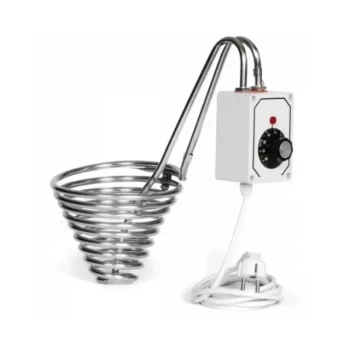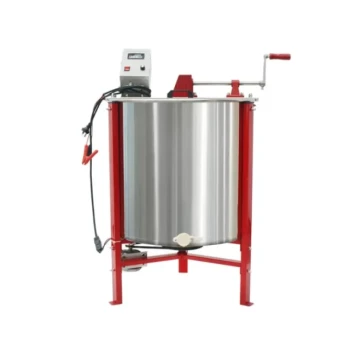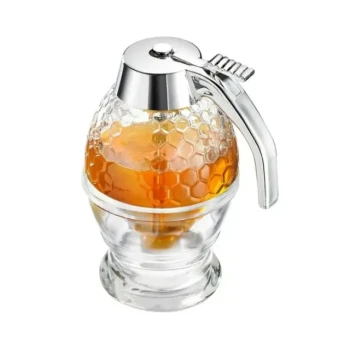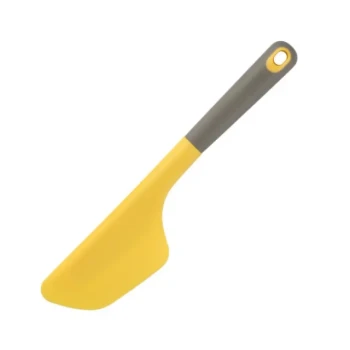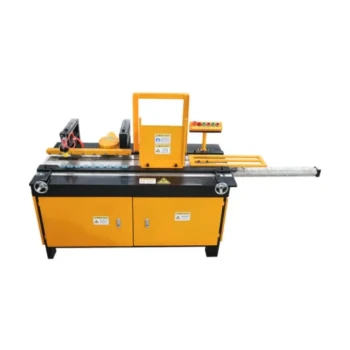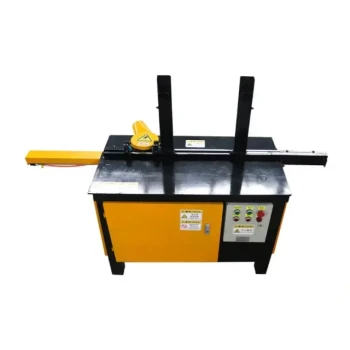At its core, 304 stainless steel is the industry standard for honey processing equipment because it provides the ideal combination of corrosion resistance, durability, and food-safe properties. Its specific chemical makeup ensures it will not react with honey's natural acidity, preserving the product's purity, flavor, and safety over the long term.
The central challenge in handling honey is its inherent acidity, which can corrode and degrade lesser materials. 304 stainless steel is chosen because it forms a passive, non-reactive barrier that protects both the equipment from the honey and, more importantly, the honey from the equipment.
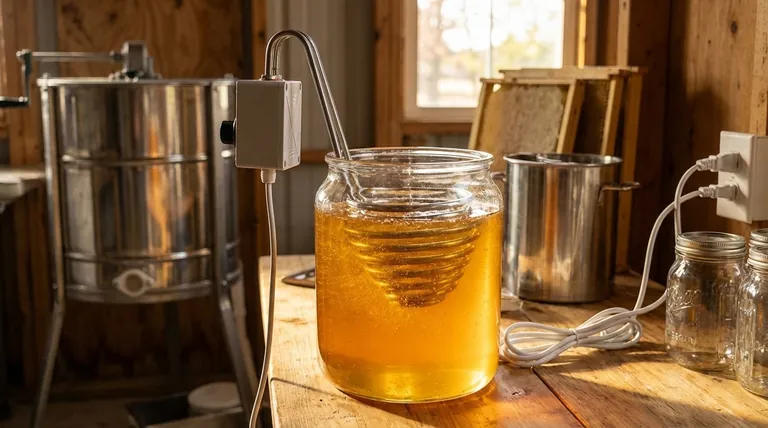
Why Material Choice Is Critical for Honey
To understand the preference for 304 stainless steel, we must first understand the unique chemical properties of honey itself. It is not a simple, inert substance.
The Corrosive Nature of Raw Honey
Raw honey is naturally acidic, typically having a pH between 3.5 and 5.5. This acidity is primarily due to the presence of gluconic acid, which is produced by the enzymatic action of bees.
This low pH environment is aggressive toward many metals, including carbon steel, aluminum, and even galvanized steel.
The Problem of Leaching and Contamination
When an acidic substance like honey comes into contact with a reactive metal, a chemical reaction can occur. This reaction causes the metal to leach into the honey.
This contamination is a serious concern. It can introduce metallic off-flavors, discolor the honey, and in the case of materials like galvanized steel, introduce unsafe levels of zinc into the final product.
Preserving Purity and Flavor
An ideal food-contact surface must be inert, meaning it does not react with the food. Using a non-reactive material like 304 stainless steel ensures that the honey's delicate and complex flavor profile remains completely unaltered from hive to bottle.
The Specific Advantages of 304 Stainless Steel
304 stainless steel, also known as 18/8 stainless, possesses a specific set of properties that makes it perfectly suited for withstanding the challenges honey presents.
Exceptional Corrosion Resistance
The key to 304's performance is its composition, particularly its high chromium content (at least 18%). The chromium reacts with oxygen in the air to form a thin, invisible, and highly durable passive layer on the steel's surface.
This passive layer self-repairs if scratched and acts as a robust shield, preventing the honey's acid from ever reaching and corroding the iron base of the steel.
Unmatched Durability and Longevity
Honey processing equipment is an investment. 304 stainless steel is exceptionally strong, resistant to dents, and will not rust or oxidize under normal conditions. This ensures a long service life, making it a cost-effective choice over time.
Ease of Cleaning and Sanitization
Hygiene is paramount in food processing. 304 stainless steel has a non-porous surface, which leaves no microscopic crevices for bacteria or mold to hide.
This smooth surface makes it incredibly easy to clean and sanitize effectively, a critical requirement for meeting food safety standards and preventing contamination between batches.
Understanding the Alternatives and Trade-offs
While 304 stainless is the gold standard, it's useful to understand why other common materials fall short. This context solidifies the reasoning behind the industry's choice.
Food-Grade Plastics
Food-grade plastic buckets and containers are often used for short-term storage. However, plastic is susceptible to scratching. These scratches can harbor bacteria and become difficult to clean perfectly. Plastic may also absorb odors or flavors over time.
Galvanized Steel
Galvanized steel must be strictly avoided for any surface in direct contact with honey. The zinc coating is intended to protect the steel from water, but it is quickly dissolved by honey's acid, leading to significant zinc contamination of the product.
Other Stainless Steel Grades
While more advanced grades like 316 stainless steel offer even higher corrosion resistance, this is generally unnecessary for honey processing. 304 stainless provides more than sufficient protection against honey's acidity at a more economical price point, striking the perfect balance of performance and cost.
Making the Right Choice for Your Operation
Your choice of equipment directly impacts the quality of your product and the efficiency of your workflow.
- If your primary focus is hobbyist or small-scale production: Investing in 304 stainless steel extractors and tanks from the beginning is a wise decision that prevents product loss, ensures safety, and eliminates the need for costly future replacements.
- If your primary focus is commercial production: Using 304 stainless steel is non-negotiable for complying with food safety regulations, ensuring batch-to-batch consistency, and protecting your brand's reputation for quality.
Ultimately, choosing 304 stainless steel is the definitive way to protect the integrity of your honey and the longevity of your investment.
Summary Table:
| Advantage | Why It Matters for Honey Processing |
|---|---|
| Corrosion Resistance | Resists honey's natural acidity (pH 3.5-5.5), preventing metal leaching and contamination. |
| Durability & Longevity | Withstands heavy use, providing a long-term, cost-effective investment for your operation. |
| Easy Cleaning & Sanitization | Non-porous surface ensures hygiene, meets food safety standards, and prevents bacterial growth. |
| Flavor & Purity Preservation | Inert material guarantees the honey's delicate flavor profile remains unaltered. |
Protect your honey and your investment with equipment built to last. At HONESTBEE, we supply commercial apiaries and beekeeping equipment distributors with high-quality, wholesale 304 stainless steel honey processing equipment. Ensure your product's purity, comply with regulations, and enhance your operational efficiency.
Contact our experts today to discuss your specific needs and request a wholesale quote!
Visual Guide
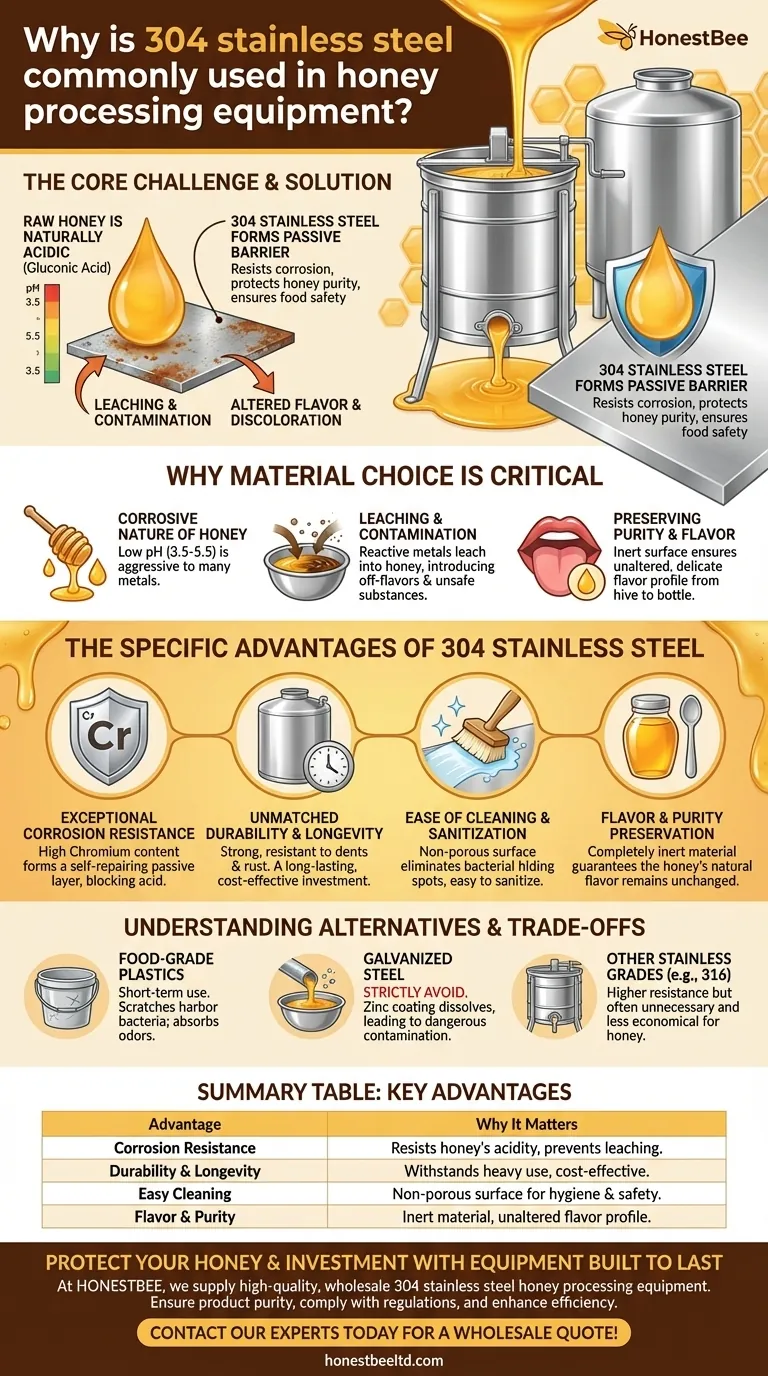
Related Products
- Professional Thermostatic Conical Honey Melter
- electric honey extractor honey centrifuge 3 frame honey extractor stainless steel honey frame extractor
- Honey Concentrating Vacuum Heating Thickening Machine Dehumidifier for Honey
- 6 Frame Manual Stainless Steel Honey Extractor Beekeeping Equipment
- 24 Frame Honey Extractor Commercial Radial Honey Frame Extraction Machine
People Also Ask
- What is the function of low-temperature freezing in propolis extraction? Boost Efficiency & Yield
- How does sterilization equipment contribute to the production of sweet sorghum-based bee feed? Ensure Colony Safety
- What is the core function of a magnetic stirrer in propolis water extraction? Master Cold Mass Transfer Efficiency
- What is needed to process honey? Essential Equipment & Stages for Pure Honey
- What role do high-capacity electronic scales play in honey harvesting? Optimize Commercial Apiary ROI
- What role does specialized honey filling and processing equipment play in improving the economic benefits of the bee industry?
- How does the implementation of industrial honey processing equipment impact product quality? Elevate Your Honey Standards
- What role does a laboratory constant temperature drying oven play in the moisture determination process for honey?
